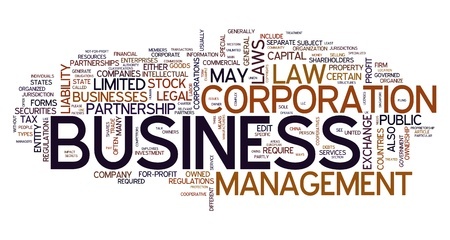
Elizabeth Weise of USA Today wrote a great article outlining the various acquisitions that Amazon has made since 2014, and quotes John Haber, CEO of Spend Management Experts as saying “[w]e anticipate they will either make a similar acquisition on the U.S. domestic side (perhaps buying a regional carrier) or continue building out a delivery network internally…”
Here are a few of the notable acquisitions Weise reported that Amazon has made in recent years:
- Amazon purchased a 4.2% stake in Yodel, a U.K. shipping service in 2014;
- Amazon announced in December that it was adding thousands of trailers to its shipping fleet to increase supplemental capacity;
- Last month news also broke that Amazon has been leasing at least one jet to fly packages daily between its hub in Poland and one in Germany; and,
- In November the Columbus Dispatch reported that Amazon may be testing air cargo operations out of Wilmington, Ohio, using leased planes.
What do these recent acquisitions, including ColisPrivé, and other strategic moves by Amazon mean for you as an FBA Seller?
Great question. Here are my thoughts.
This appears at first glance to be good for Amazon sellers, regardless of whether you are trying to build a private label brand or are operating an arbitrage business. As Weise states in her article, the longer that Amazon keeps packages in its own network (as opposed to with an outside carrier, such as UPS) the cheaper it is for Amazon. What's cheaper for Amazon will be cheaper for Amazon's sellers… right?
Well, we don't know for sure. What we do know is that Amazon has a history of raising the rates it charges to sellers to store and fulfill sales. Effective February 18, 2016, Amazon is increasing the Pick & Pack and Weight Handling Fees for most products, and on March 1, 2016, the monthly fee for storage will increase. And if you have been selling on Amazon for any period of time, you know that this isn't the first time they have done this.
So currently, the process is that you ship your inventory to amazon using deeply discounted rates that are negotiated with UPS. After you sell an item, Amazon packs it up and delivers it back to UPS or the post office to ship the item to the end-user. Amazon pays those vendors a percentage of the money that you pay them to handle the logistics of it all.
We can only presume that because of economies of scale, it must be cheaper for Amazon to sort and ship these products on their own. By cutting out UPS and potentially the post office, Amazon keeps a larger percentage of the fees it charges for these shipping services.
Weise reported that UPS has said that it continues to enjoy a good working relationship with Amazon, but for how long?
Is selling on Amazon still smart?
For now, I definitely believe that selling on Amazon is a great way to build an e-commerce business. But due to the inevitable increase in the cost for Amazon to sell your products for you, I would start to think long-term about putting some of you e-commerce business on a separate online platform, such as Spotify.
The bottom line is that Amazon owns all of its web properties, not you. It can do anything it wants – shut you down, increase the fees it charges, shield you from your customer data, or even let someone else infringe on your IP. By owning your own web property, you have more control and ownership over your business.
For more information about protecting your business and your intellectual property, click here to download our Ultimate Business Building Legal Checklist.



